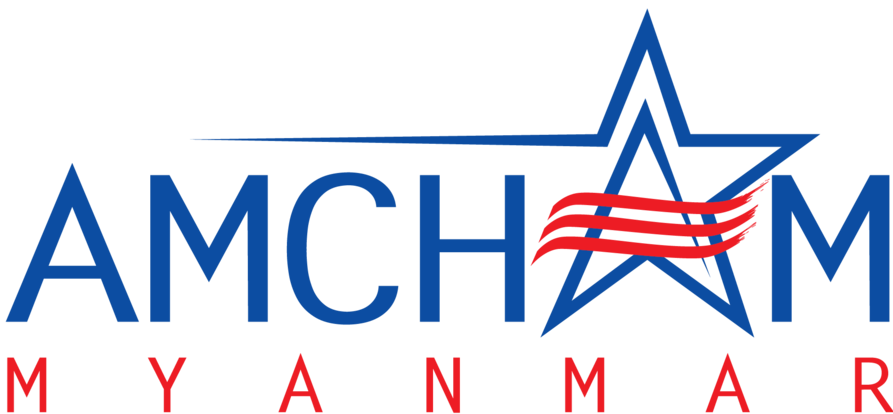-
Workplace culture determines how employees see themselves as part of the organization, relate to customers, interact with authority, approach problem-solving, make strategic decisions, and understand the business overall.What makes a strong culture? Successful corporate culture is
not a mission statement on the wall or merely defined by the work environment
you create. Fads like installing a ping pong table, open creative space, or
free craft beer are not necessarily indicators of a great corporate culture. In a recent survey, Dale Carnegie examined the perceptions
of senior leaders as they relate to the strength of their own company cultures,
beliefs about its importance and impact, and actions they are taking to improve
it.We identified <em>Culture Champions</em>,
companies who successfully create cultures that engage employees, and uncovered
the attitudes and behaviors that set them apart. Driving a culture that engages
employees is a critical element for success and our fundamental responsibility
as leaders.Join us for an opportunity to learn more, reflect and
identify ways to enhance your own corporate culture.Date and Time: September 26, 10:30 am to 12:30 pmVenue: American Center Yangon, Corner of University Avenue
Road and Inya Road, Kamayut Township*Cost: no cost to attendBooking deadline: September 23, 4 pm. Late registration will
not be accepted.Many thanks to Dale Carnegie for generously sponsoring this
event.*Important venue information:·
Prior registration is required. Walk-ins and
guests will not be accepted.·
Provide your FULL Name upon registration.·
Please bring your photo ID card to the venue for
security check-in.·
Please DO NOT bring in laptops, cameras or other
recording equipment. No storage for such items is available. Smart phones and
tablets are allowed.ABOUT THE SPEAKERSProf. Dr. Aung Tun Thet is a Member of the Myanmar
Investment Commission and an Advisor to the Republic of the Union of Myanmar
Federation of Chambers of Commerce and Industry (UMFCCI). He is also Chairman
of the UN Global Compact Network Myanmar and the National Contact Person of the
Organisation for Economic Co-operation and Development (OECD) Responsible
Business Conduct. He is Professor Emeritus at Yangon University of Economics, a
Visiting Professor at Payap University in Chiangmai, Thailand as well as an
Honorary Professor at the University of British Columbia in Vancouver, Canada.
Previously, he was the President's Economic Advisor and a Member of the President's
National Economic and Social Advisory Council.
Dr. Hans Jakob Roth is a Retired Swiss Ambassador and founder/chairman of EurAsia Competence AG. During his long diplomatic career in East Asia 6 years in Japan and 16 years in China he came upon many challenges in political and economic relations due to strong cultural differences and misunderstandings. These experiences led him to found a company specialized in cultural assessments after his retirement in 2016. EurAsia Competence works with a cultural model based on his comparative theory of culture. It was published in German in 2013 under the title Culture, Space, and Time.Hans Roth is fluent in German, French, English and Chinese. He gets along in Italian and Japanese as well.Luc de Waegh has a 17 years' experience at country manager level with Philip Morris and British American Tobacco in Africa and South-East Asia. Among others, Luc started up the BAT business in Myanmar in 1993. Born in Belgium, Luc holds an MBA (1988) from INSEAD, Fontainebleau and is a Graduate (1982) from IAG (University of Louvain, Belgium) in applied economics. Since 2016 Luc is Senior Advisor to Roland Berger the leading Strategy Consulting firm in Myanmar. In 2017 Luc was appointed Honorary Consul of the Kingdom of Belgium in Myanmar.In 2018 Luc started up the Dale Carnegie Training operation in Myanmar.




